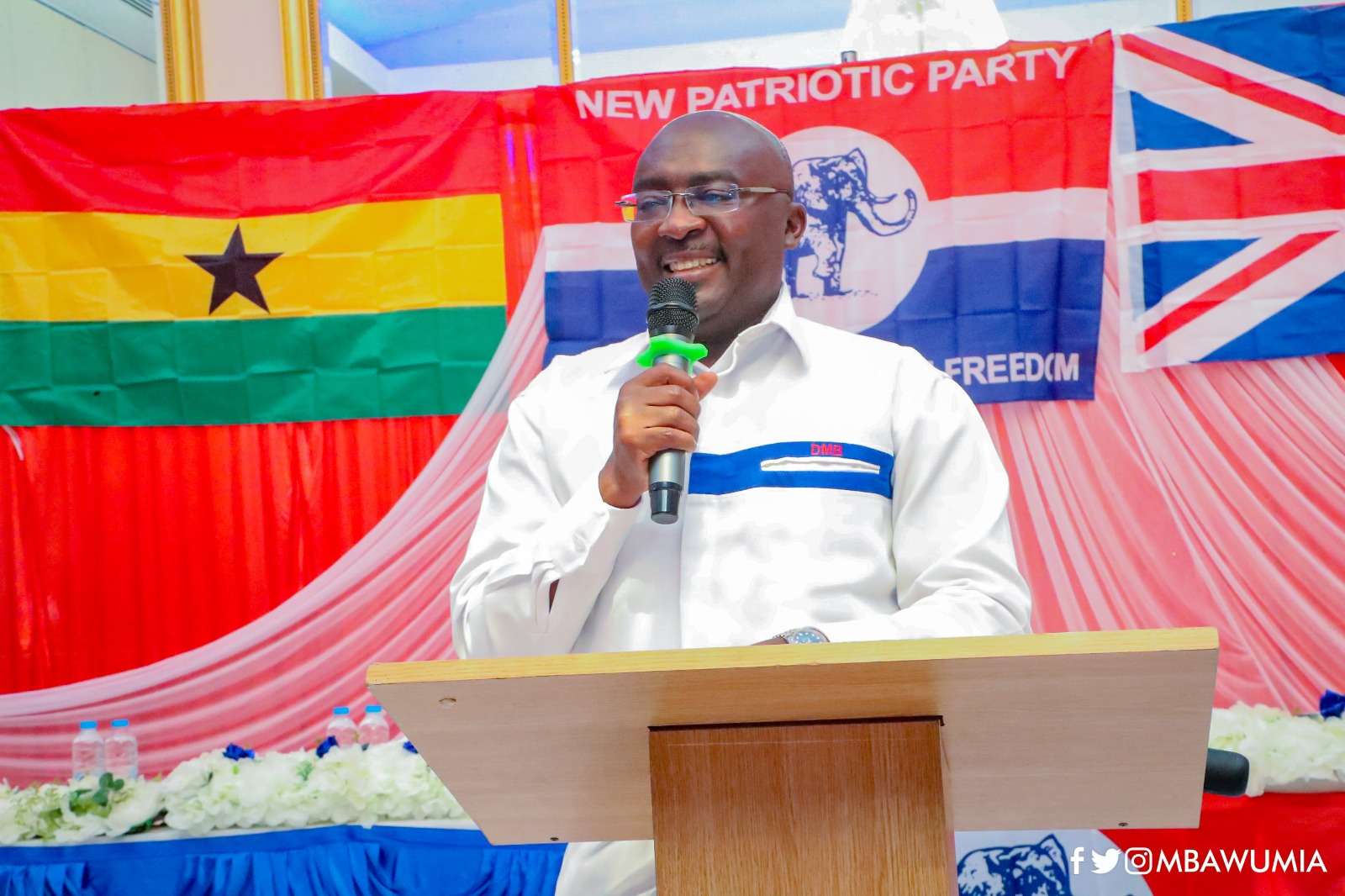By Dr John Osae-Kwapong
During her speech last week, Professor Naana Jane Opoku-Agyemang, the NDC running mate for the 2024 election said, “I will share in our collective successes and share responsibility for our setbacks if any.
And, at the time of reckoning, former President, John Dramani Mahama, I will not, in the advancement of self-serving ambition, declare to the world that I was only the driver’s mate.”
It takes no stretch of the imagination to know this was in direct response to what Dr Bawumia said on February 7, 2024 – “As Vice-President I am like a driver’s mate. But if, by the Grace of God, you make me President, I will be in the driver’s seat with constitutionally mandated authority to pursue my vision and my priorities.”
This is the first time in the history of the Fourth Republic that an incumbent Vice-President has competitively won a political party’s primary to contest as President. We, therefore, do not have a model of how Vice-Presidents have handled their campaigns specifically as it relates to what their role was in the government.
What can Vice-President’s do?
In my opinion, there is a constitutional and a political answer to this question. The constitutional answer is what the Constitution says the Vice-President can do as per Article 60(1) which states “there shall be a Vice-President of Ghana who shall perform such functions as may be assigned to him by this Constitution or by the President.” And it is quite instructive how the Constitution frames these functions.
In this same article is the political answer “as may be assigned to him by the President.” Essentially, I read this to mean Vice-Presidents can only do what Presidents ask of them.
Translating this into the context of our current Vice-President Dr Mahamudu Bawumia, the things we publicly know about in terms of his substantive role in this current administration are that a) he chairs the economic management committee; b) spearheaded the digitalisation efforts of the administration and c) chairs the police council.
This is not to say that the Vice-President does not play a substantive role in the governance of the country and does not have influence in shaping the policy direction of the country. But it is also worth recognising the nuances and limitations of this influence in certain circumstances and under certain conditions.
It may have been an unfortunate metaphor to have used in describing his role in the current administration as that of a “driver’s mate.” Judging from the reactions of Ghanaians, it has been interpreted as absolving himself from what the challenges his government has faced.
Unfortunately, it is something that will continue to haunt him through the rest of the election season and for which his campaign must regularly respond.
There are two criticisms though that, in my opinion, I believe are an unfair characterisation of the Vice-President’s metaphor. First, I do not believe that the choice of the metaphor used was to further his presidential ambition and to successfully pursue this “self-serving ambition” it has become necessary to downplay his role as Vice-President. Dr Bawumia does not strike me as a man driven solely by selfish ambition in his pursuit of the presidency. I also do not believe for a minute that this is a man who will “throw his party under the bus.” It would be odd for a man who has worked hard to build a footprint in the party to throw it all away for purely selfish reasons.
Second, it is odd to demand he does now the things he envisions and spelt out in his February 7, 2024 address. Surely, any fair-minded person knows that Dr Bawumia cannot today for example abolish the E-Levy. Whatever he may have said or not said during the consideration of that policy in cabinet, certain voices including that of the President prevailed. Those voices have given no indication they want to change policy direction.
Dr Bawumia’s dilemma
I have repeatedly said that Dr Bawumia’s political dilemma is simply this – how to reconcile the force of the economic arguments and assertions made in 2016 with the economic realities that Ghanaians have come to experience. This is further complicated by how, especially the role of the chair of the economic management committee in the lead-up to the 2016 election was described and the expectations it created.
As Dr Bawumia begins his nationwide campaign, how he does this reconciliation is his central task. Whatever policies and ideas are promised during this tour, however, laudable, will always be filtered through the lens of the 2016 election and the record of this government.
This is a task made very difficult by the fact that the political winds also appear to be blowing unfavourably in the direction of his party.
I do not envy the Vice-President.
…….
The writer is the Executive Director, Democracy Project, a think tank.





































